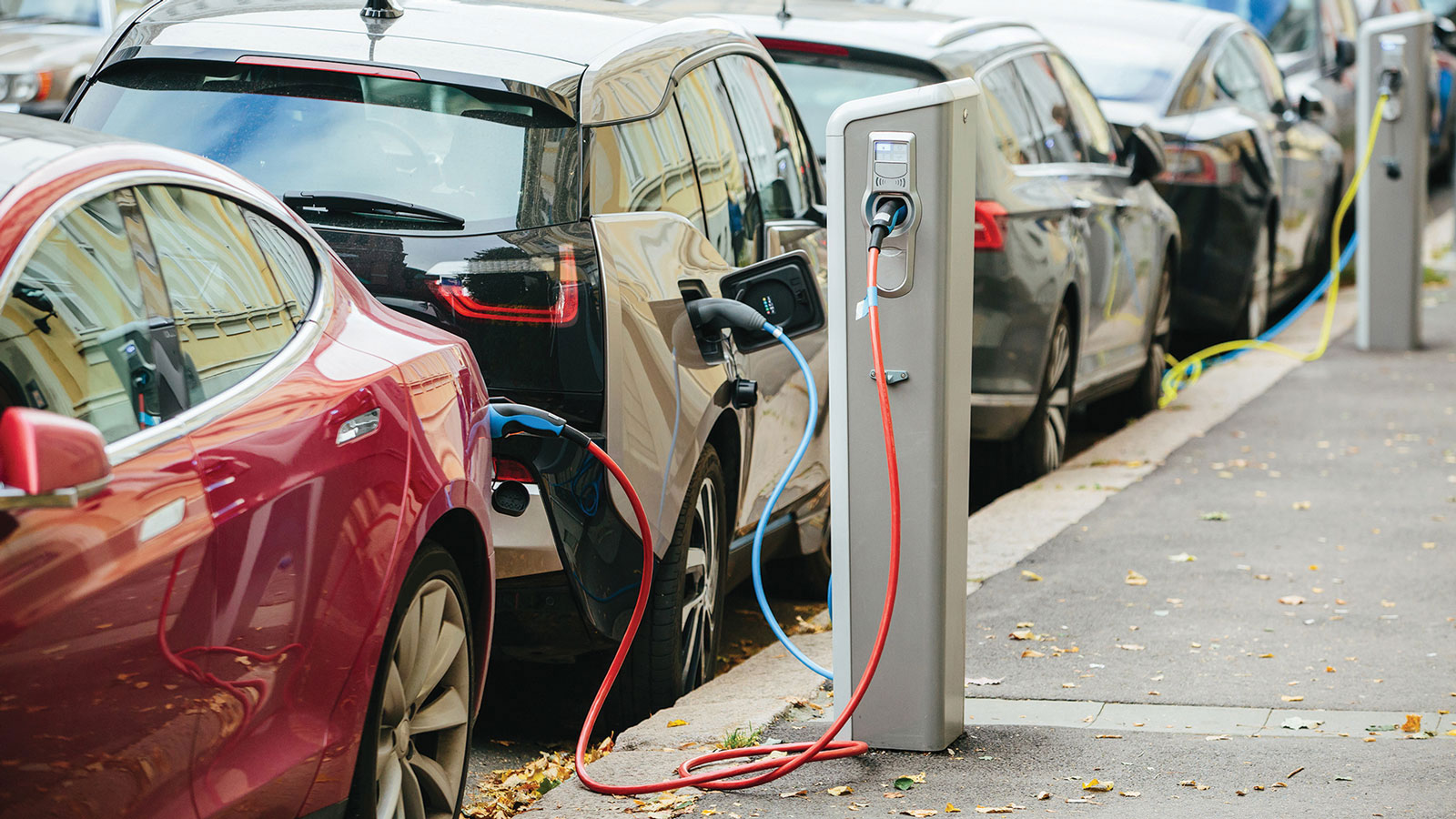Charged up for an electric vehicle future
The U.S. House of Representatives passed the Bipartisan Infrastructure Investment and Jobs Act. This will be the first-ever U.S. investment in electric vehicle charging stations.
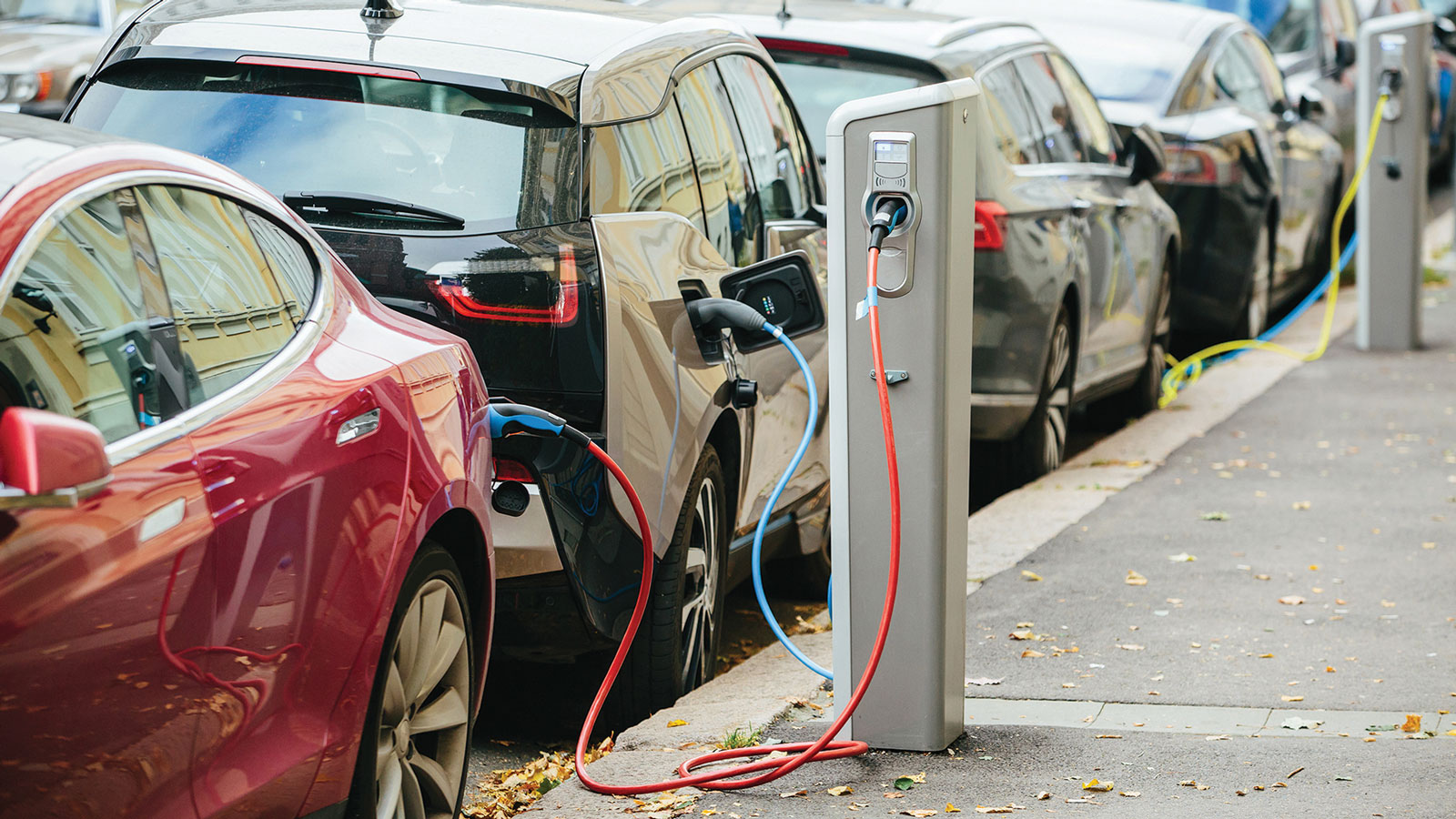
Ten years ago, electric vehicles made up less than one quarter of one percent of total U.S. car sales. But after the U.S. House of Representatives passed the Bipartisan Infrastructure Investment and Jobs Act, we’re on track to install thousands of electric vehicle charging stations across the country.
This will be the first-ever U.S. investment in electric vehicle charging stations. Let me repeat that. For the first time ever in American history, the federal government would be funding the necessary charging infrastructure that we need to transition away from gas-powered cars.
Here’s why this matters:
In the U.S., transportation is the greatest contributor to climate-warming emissions, and the majority of those emissions come from everyday cars and trucks. Personal vehicles also emit toxic air pollution which harms our health. That’s why Environment America has been working for years to increase adoption of clean, emissions-free electric vehicles (EVs) by calling for 100% of car sales to be fully electric by 2035 (or sooner). To get there, we need to do three things: make electric vehicles cheaper and easier for people to buy, strengthen emission standards and build out infrastructure to support electric cars.
The bipartisan infrastructure package puts one of those key pieces of the puzzle into place.
One of the primary barriers to the adoption of electric vehicles is lack of access to public charging stations. Currently, electric vehicle drivers may face “range anxiety;” drivers fear they could be stranded on the road without access to fuel. To support the transition to electric vehicles, we need to dramatically increase the buildout of charging stations across the country.
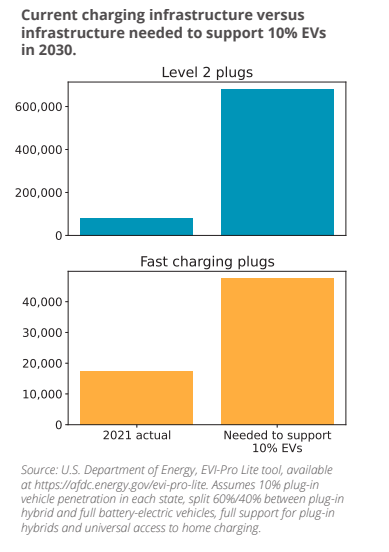
Environment America has pressed hard for that transition. For years, Environment America’s state affiliates have built EV momentum at the state level, from increasing charging access in New Jersey and California to the decades-long work of helping get over a dozen states to commit to California’s low- and zero-emissions vehicle programs. Before President Joe Biden took office, Environment America released a report outlining the need for increased charging infrastructure at the state and national level to support the necessary transition to electric vehicles.
Then President Biden proposed to do just that. In March, he set a goal to build out a network of 500,000 public EV charging stations by 2030 as part of the American Jobs Plan. Since then, we’ve been advocating to ensure that funding for this goal stays in the infrastructure bill and that we get that bill passed. We shared our expertise through media interviews explaining the importance of funding EVs and charging infrastructure. We published op-eds and LTEs explaining the relationship between weather-related disasters and climate change. We turned out hundreds of volunteers throughout the summer from Oregon to Pennsylvania, urging legislators to act on climate. We educated dozens of members of Congress and their staff about the electric vehicle charging needs in their state. And, we released a video with leaders from across the country on the importance of electric vehicles and charging infrastructure.
Elected officials voice their support for more electric vehicle charging.
The $7.5 billion of funding provided in the bipartisan infrastructure bill can get us halfway to that 500,000 charging station goal and will provide critical access to chargers for millions across the country. While some can charge their electric car in their own driveway, public chargers are necessary for many who don’t have access to off-street parking. Deployment of the chargers will also prioritize hard-to-reach areas that currently have little access to electric vehicle chargers, and these public stations will be essential for long-distance electric vehicle travel.
Legislators from both sides of the aisle have shown their support for investments in electric vehicle chargers. Just one example: Earlier this year, Sens. Tom Carper (D-DE), Richard Burr (R-NC), Catherine Cortez Masto (D-Nev.), and Debbie Stabenow (D-Mich.) introduced joint legislation that would provide tax incentives to build out clean vehicle infrastructure. The infrastructure bill itself passed with overwhelming bipartisan support in the Senate, with 19 Republicans voting in favor in addition to all Senate Democrats. This is further evidence that more across the political spectrum are seeing the benefits that electric vehicles offer and the necessary steps we need to take to make their rollout a reality.
In the past 10 years, electric vehicle sales have grown 10-fold in the U.S., and this historic bill is one of the many advances toward the electric vehicle transition. In July, Electrify America, funded by Volkswagen as part of its emissions cheating scandal settlement, announced it would more than double its network of electric vehicle charging stations by 2025. In August, President Biden announced a goal to have 50% of US car sales be electric by 2030. In September, New York joined California and Massuchusetts in committing to phasing out the sale of gas-powered cars by 2035. The Environmental Protection Agency proposed a rulemaking that will strengthen vehicle emissions standards, and Congress is debating a major extension and reform of the federal electric vehicle tax credit that will make electric cars more affordable and spur technological innovation.
These measures can’t come fast enough. This past summer alone, one in three Americans were impacted by a climate-related disaster. Scientists are now saying that these impacts are coming stronger and faster than they previously expected. I’m grateful to all of the legislators who worked hard to get climate policies included in this package that are necessary to mitigating the worsening impacts of climate change, including Senate Majority Leader Chuck Schumer, Sens. Tom Carper and Shelley Moore Capito and all members of the Senate Environment and Public Works Committee, Sen. John Hickenlooper and of course, President Biden.
While EV charging stations alone won’t solve all climate problems, they are a huge start in driving towards a future powered by clean, electric transportation. We can’t wait.
Photo Credit: Banner Scharfsinn via Shutterstock

Help put electric vehicle chargers in national parks
Topics
Authors
Eve Lukens-Day
Find Out More
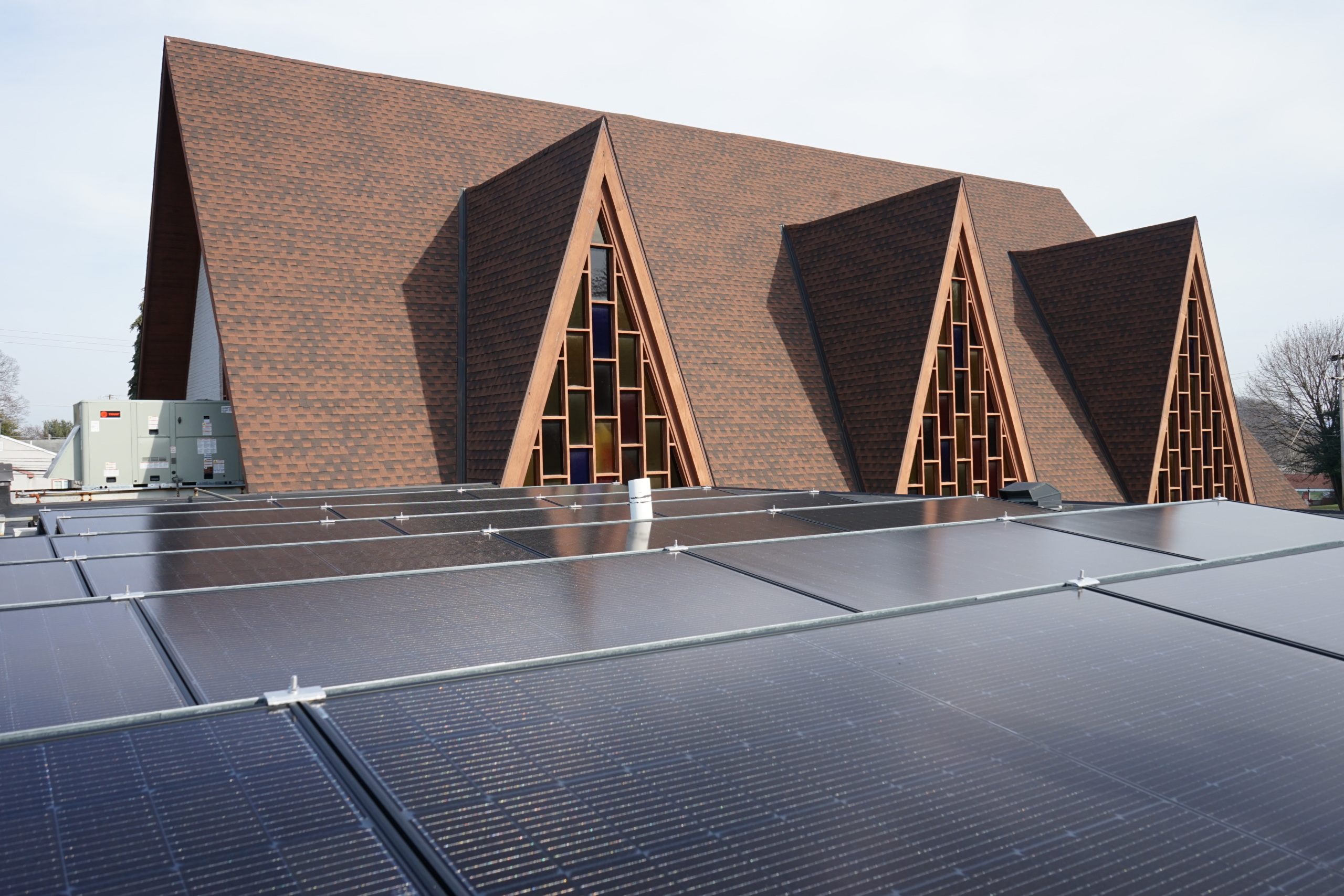
Navigating Inflation Reduction Act Benefits as a Non-Profit
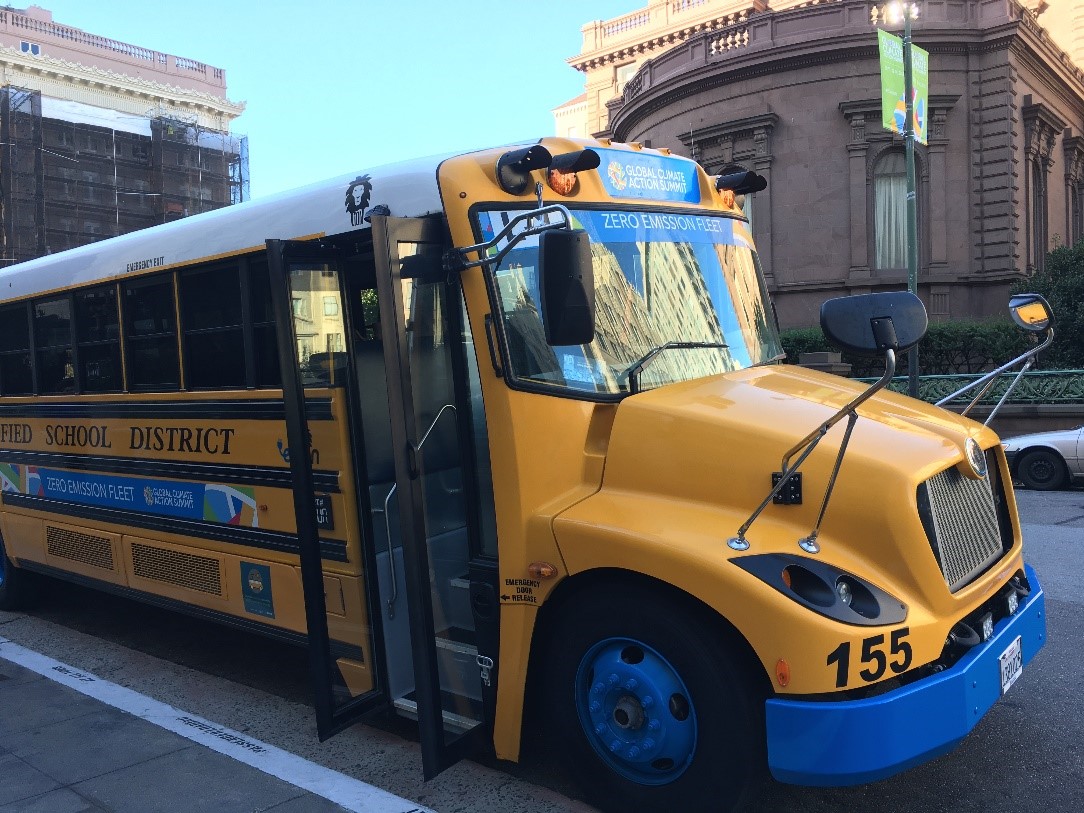
Back to school on an electric bus
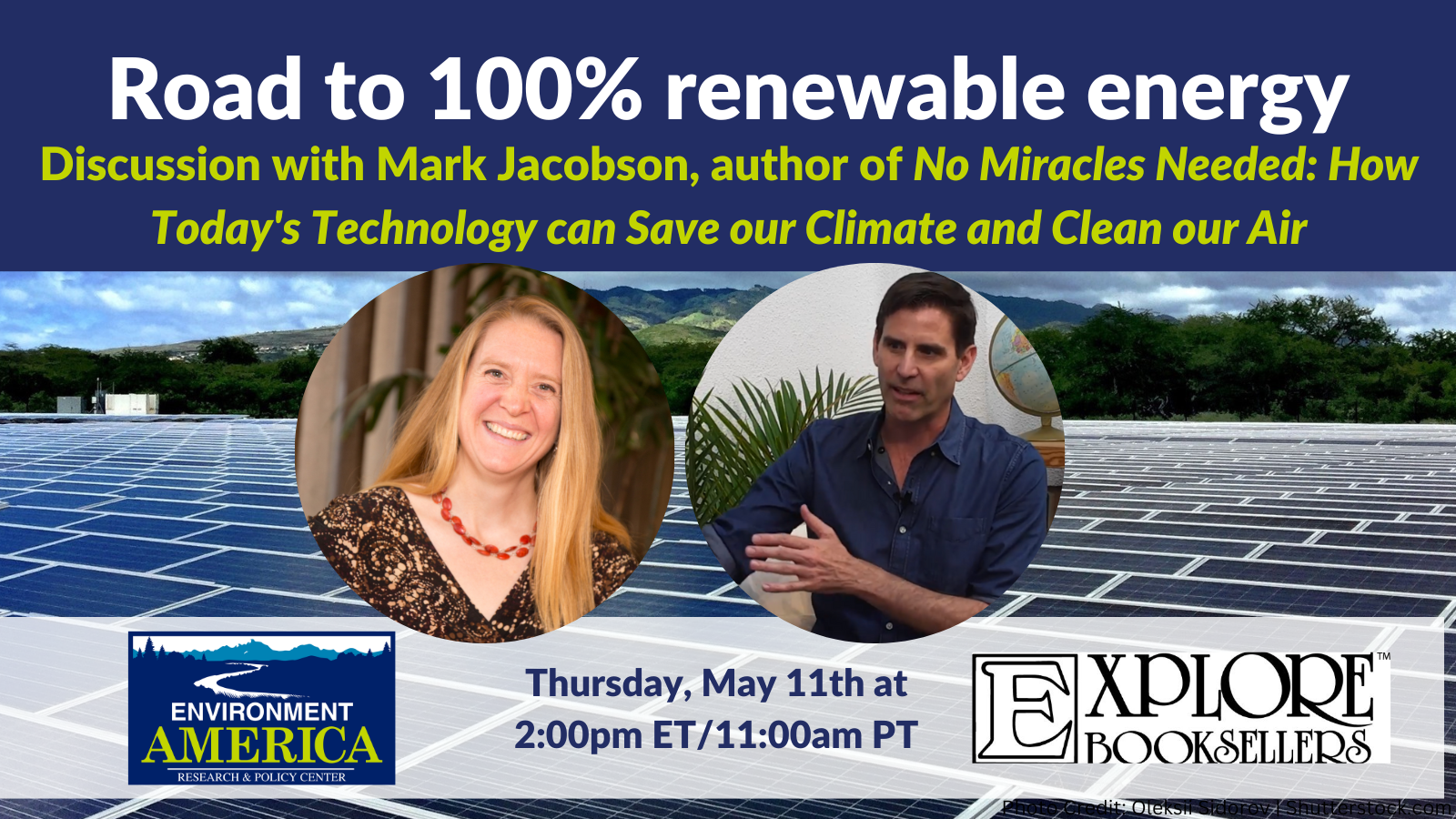
How to get to 100% clean energy with today’s technologies
